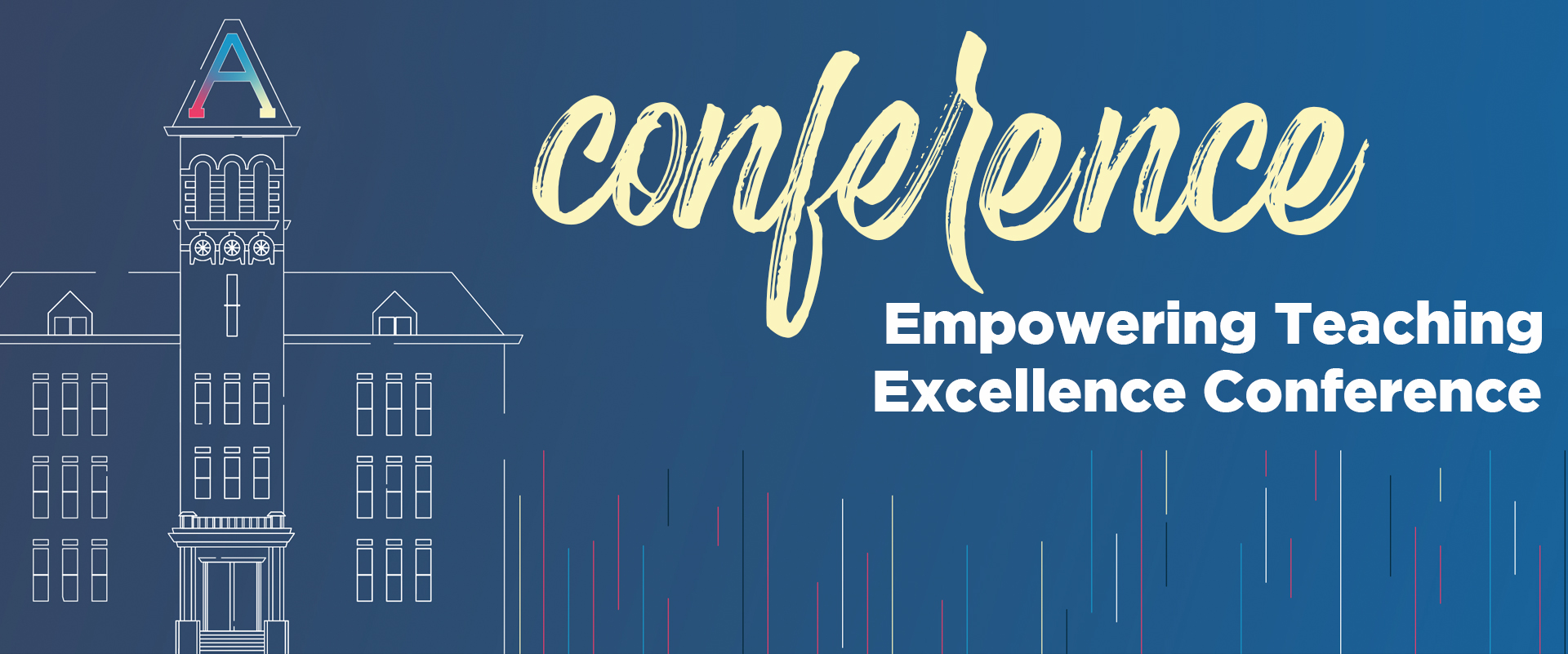CURE-ing the Opportunity Gap in Undergraduate Research
Start Date
8-18-2021 12:00 AM
Description
Identified as one of the 11 key High Impact Practices in higher education (Kuh, 2008), Undergraduate Research (UR) has been shown to have particular significance for vulnerable students from marginalized groups. However, these are the students least likely to know about, seek out, be invited to participate in, or feel qualified for UR opportunities. USU has a deep commitment to making UR a possibility for any student, but just like institutions across the country, we struggle with the structural and social inequalities that lead to disproportional representation among our UR participants. One proven strategy to combat the hidden bias in UR recruitment is the Course Based Undergraduate Research Experience (CURE) targeted at early-stage students. This session will provide a short introduction to CURE model, featuring examples from USU and elsewhere; we will review the literature on CUREs; and we will cover resources available to USU faculty and others interested in developing CUREs. While the CURE model was originally developed in the context of the STEM disciplines, it is highly compatible with humanities, social sciences, arts, and pre-professional majors as well, so faculty from those areas should feel welcome to join.
Creative Commons License

This work is licensed under a Creative Commons Attribution 4.0 License.
CURE-ing the Opportunity Gap in Undergraduate Research
Identified as one of the 11 key High Impact Practices in higher education (Kuh, 2008), Undergraduate Research (UR) has been shown to have particular significance for vulnerable students from marginalized groups. However, these are the students least likely to know about, seek out, be invited to participate in, or feel qualified for UR opportunities. USU has a deep commitment to making UR a possibility for any student, but just like institutions across the country, we struggle with the structural and social inequalities that lead to disproportional representation among our UR participants. One proven strategy to combat the hidden bias in UR recruitment is the Course Based Undergraduate Research Experience (CURE) targeted at early-stage students. This session will provide a short introduction to CURE model, featuring examples from USU and elsewhere; we will review the literature on CUREs; and we will cover resources available to USU faculty and others interested in developing CUREs. While the CURE model was originally developed in the context of the STEM disciplines, it is highly compatible with humanities, social sciences, arts, and pre-professional majors as well, so faculty from those areas should feel welcome to join.


